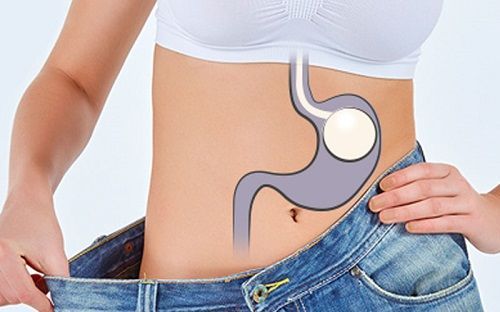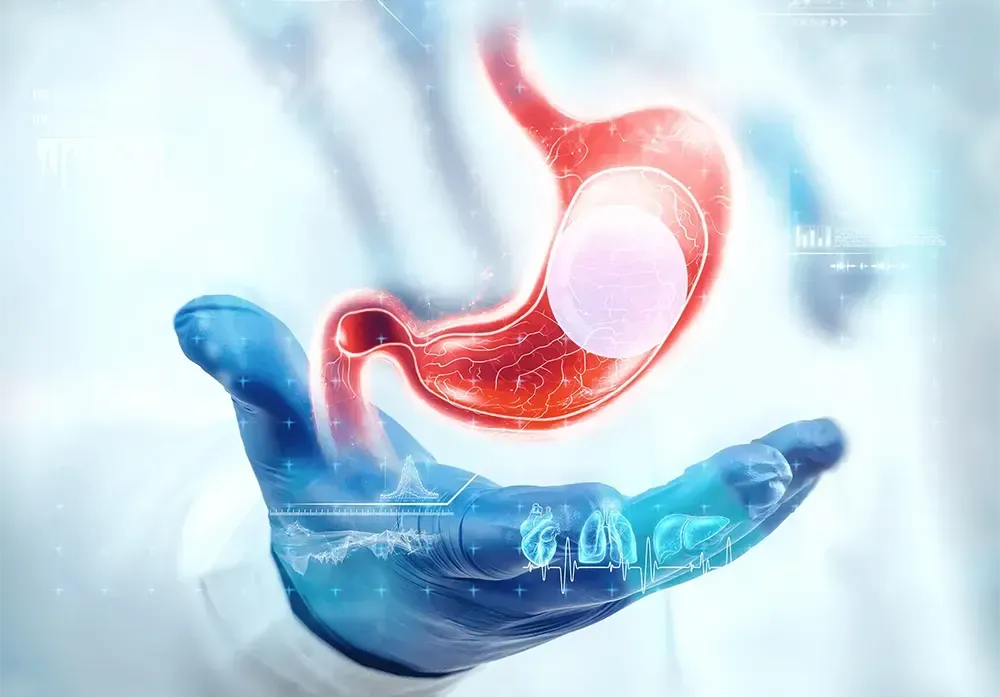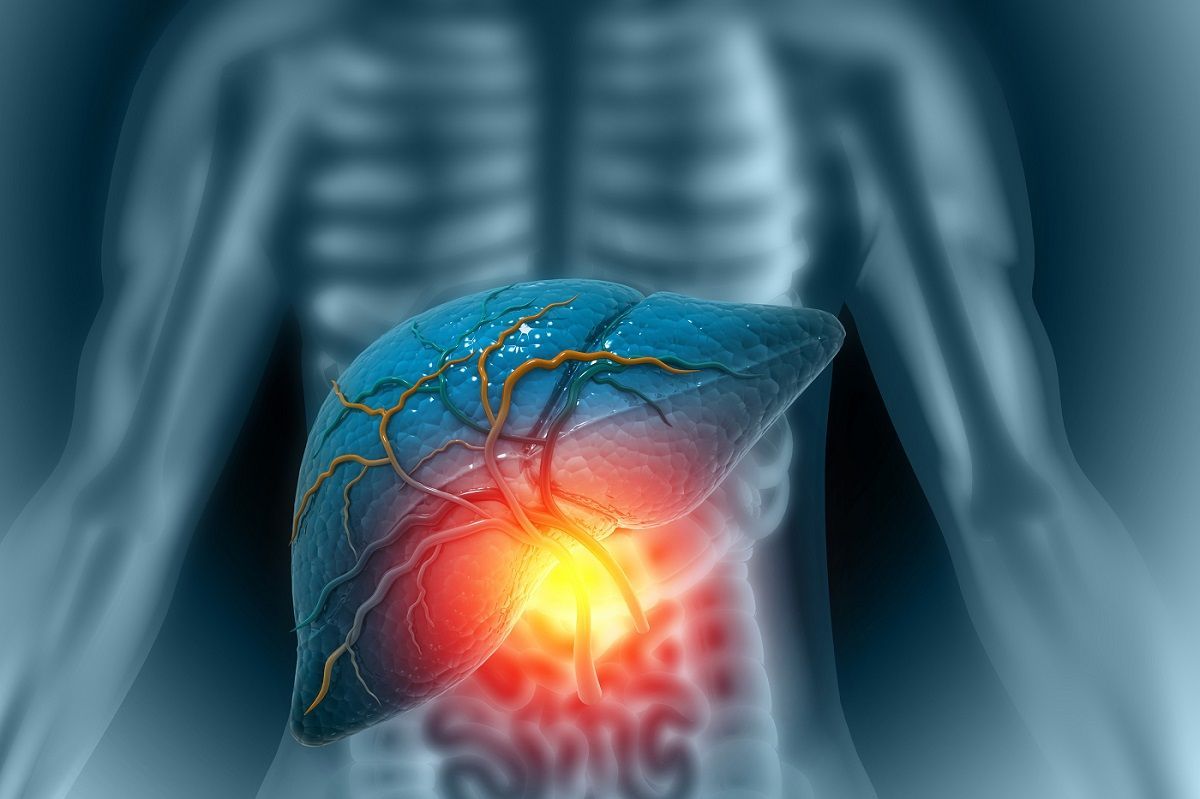Procedures for Weight Loss: Medical Nutrition Therapy

What is medical nutrition therapy for weight loss?
When it comes to procedures for weight loss
, Medical Nutrition Therapy is one type of treatment for people who are overweight. It’s also for people with certain health conditions. During treatment, you will work with a registered dietitian to make a nutrition plan just for you.
A registered dietitian is a type of healthcare provider with special training in nutrition. This training qualifies them to give counseling on nutrition.
During medical nutrition therapy, your dietitian will look closely at your eating habits. He or she will help you set new nutrition goals. You will meet with your dietitian several times. He or she will track your progress at each visit. Your dietitian can help you set realistic weight loss goals. Most people should aim to lose about 1 to 1.5 pounds per week.
Many people find medical nutrition therapy helpful for weight loss. Your dietitian will tell you how many calories to eat per day to lose weight steadily and safely. He or she can help you plan a healthy, nutritious diet. This can help you make positive lifestyle changes that last.
Why might I need medical nutrition therapy for weight loss?
Many people know that they need to lose weight, but they are unsure how to do so. A dietitian can work with you to address your issues. Many people find this is helpful.
You may not realize that you need to avoid certain foods and eat more of others. Or maybe you are already eating the right foods, but your portion sizes are too big. Medical nutrition therapy can help you make lasting changes, it can also help with digestive issues caused by eating the wrong foods.
If you weigh too much, it’s important that you lose weight. This is even more important if you are obese. Weighing too much increases your chance of many health problems. These include:
• Diabetes
• Arthritis
• High blood pressure
• Heart disease
• Stroke
• Sleep apnea
• Liver disease
• Infertility
• Lung diseases
• Certain cancers (including colon cancer
)
• Mental health problems
Medical nutrition therapy can also help people with other health issues. This includes people with eating disorders, people who have had bariatric surgery, and people with cancer or diabetes.
What are the risks of medical nutrition therapy for weight loss?
If you work closely with your dietitian and follow his or her advice, this type of therapy doesn’t come with any risks. Your dietitian will work with you to make sure you don’t lose too much weight too quickly (which might carry risks). Your dietitian can help make sure you don’t lose too much muscle mass but still lose the unwanted fat.
If you have any concerns, talk with your healthcare provider. Ask if medical nutritional therapy is right for you. If you are pregnant or have serious health issues, it may not be safe for you to lose weight.
How do I get ready for medical nutrition therapy for weight loss?
Ask your dietitian how to prepare for your first visit. Some dietitians may ask you to keep a food journal for a few days before you first meet. You should record all of the food you eat during that time. If your dietitian asks you to do this, be honest. This will help your dietitian set realistic goals for you.
What happens during medical nutrition therapy for weight loss?
You will have an initial evaluation and then you may need several follow-up visits to track of your progress.
First, your dietitian will look at your current diet. This normally involves your keeping a food diary for several days. Your dietitian will use this journal to study your diet. He or she will see where you need to make changes. Your dietitian’s suggestions will follow the latest science and consider your own cultural preferences.
Your dietitian will teach you how to make better food choices. You may get handouts or other educational materials. Your dietitian will work with you to achieve realistic weight loss goals. For many people, this is about 1 to 1.5 pounds per week. You may also learn how to:
• Read food labels
• Understand how much nutrients such as calcium and sodium you need in your diet
• Eat the right number of calories for you
• Eat enough protein and fiber. This can make you feel fuller.
• Eat the right variety of foods
• Eat enough fruits, vegetables, and whole grains
• Eat leaner cuts of meat and lower fat dairy products
• Limit your intake of fried foods and other foods high in fat
• Watch your portion sizes
• Drink water instead of other beverages that are high in calories. These include non-diet sodas and most juices.
• Increase your activity level
Your dietitian may suggest using pre-prepared products, such as frozen meals. These can be a good tool for you how to learn to manage portion sizes. You may talk about other topics as well. These can include spotting your triggers for overeating, making strategies for coping with stress, and forming more positive thoughts about food.
Your dietitian will tailor these suggestions to your preferences and health needs. No foods will be off limits. You will just need to keep portion sizes in check and reduce how often you eat certain foods. Be upfront with your dietitian about the changes you’re ready to make. You should also be honest about which changes are difficult for you.
Your dietitian will carefully watch and guide you over a series of visits.
What happens after medical nutrition therapy for weight loss?
How well medical nutrition therapy works depends on how much effort you put into it. Your dietitian can give you information and suggestions, but you must change your habits. Your dietitian can support you along the way.
After you first series of visits with your dietitian, you can always come back for follow-up checkups. You might want to do this if your weight loss stalls or if you have trouble maintaining your weight loss.
Weight loss works best when good eating habits are paired with other changes, such as getting more exercise. Talk with your healthcare provider before starting a new exercise program.
Know that losing weight takes hard work and time. Making small but significant lifestyle changes can have long-term effects. It can be challenging to make these changes, but the benefits are worth it.
Read More About Weight Loss and Nutrition
Weight Loss Tip: It’s Vital to Consider Factors That are Often Missed
Benefits of Weight Loss and a Weight Loss Coach
Do Weight Loss Clinics Work?
Why You Should Consider Gastro SB Weight Loss Clinic
The post Procedures for Weight Loss: Medical Nutrition Therapy appeared first on Gastro SB.










